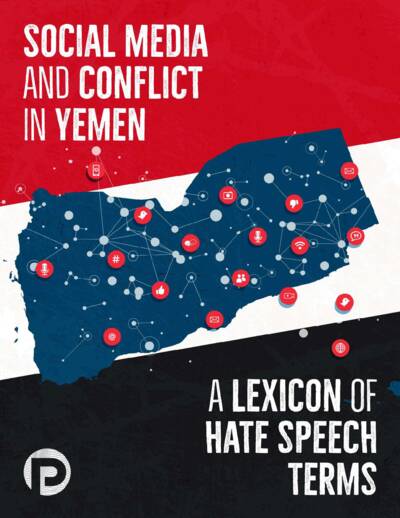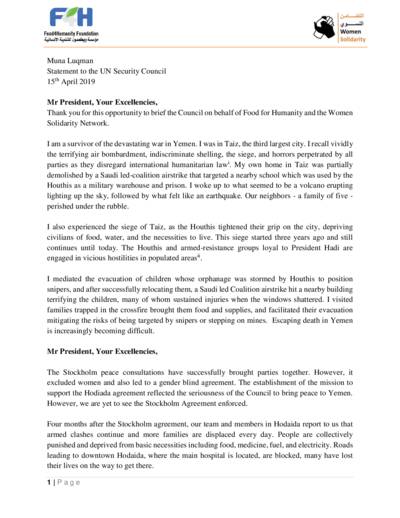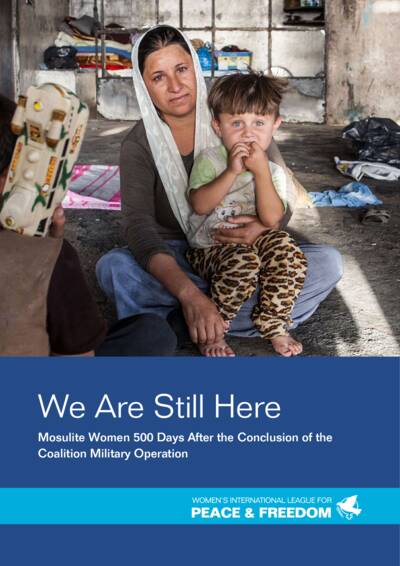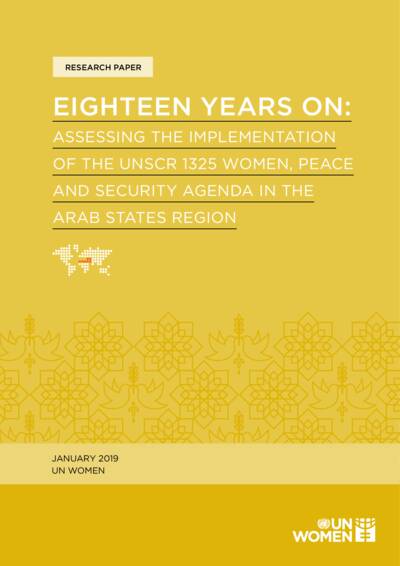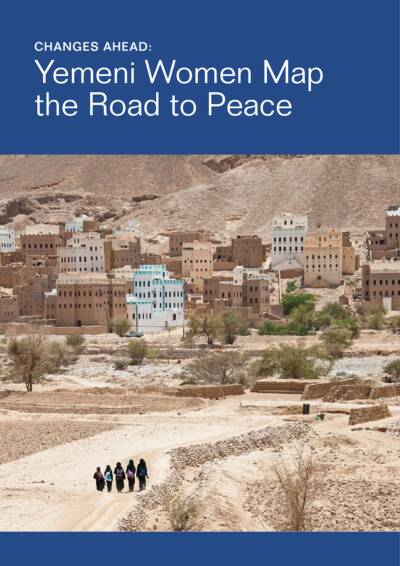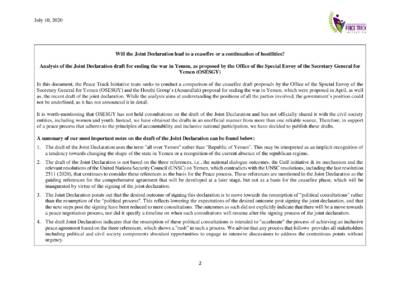
An analysis of the Joint Declaration draft for ending the war in Yemen, as proposed by the Office of the Special Envoy of the Secretary General for Yemen (OSESGY) In this document, the Peace Track Initiative team seeks to conduct a comparison of the ceasefire draft proposals by the Office of the Special Envoy of the Secretary General for Yemen (OSESGY) and the Houthi Group’s (Ansarullah) proposal for ending the war in Yemen, which were proposed in April, as well as, the recent draft of the joint declaration. While the analysis aims at understanding the positions of all the parties involved, the government’s position could not be underlined, as it has not announced it in detail. It is worth-mentioning that OSESGY has not held consultations on the draft of the Joint Declaration and has not officially shared it with the civil society entities, including women and youth. Instead, we have obtained the drafts in an unofficial manner from more than one reliable source. Therefore, in support of a peace process that adheres to the principles of accountability and inclusive national participation, we have decided to publish these drafts.
